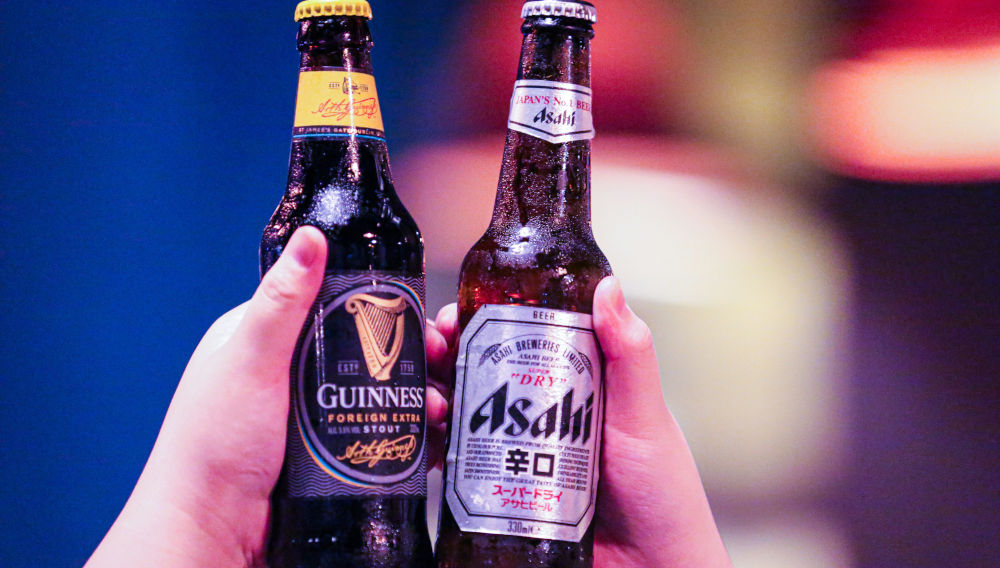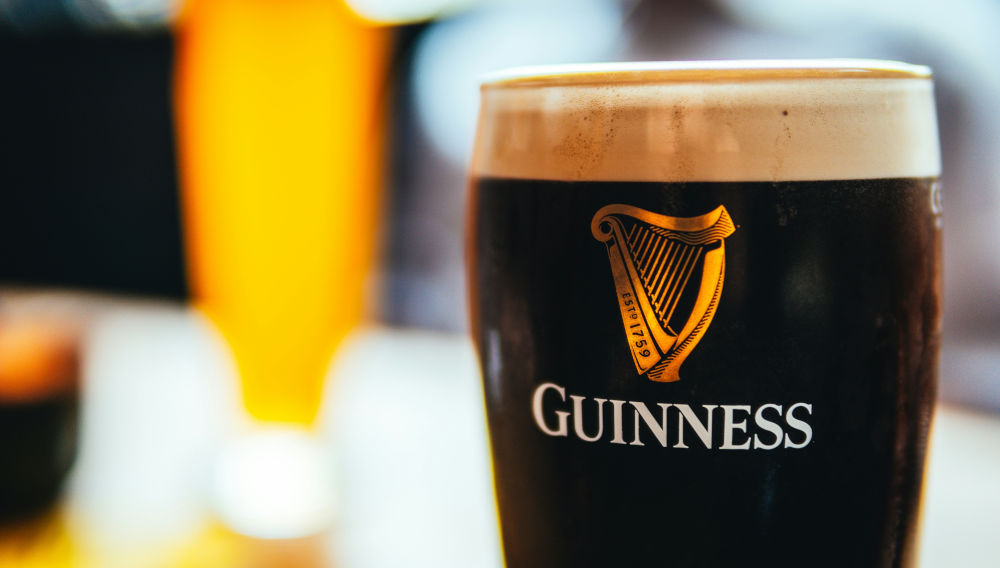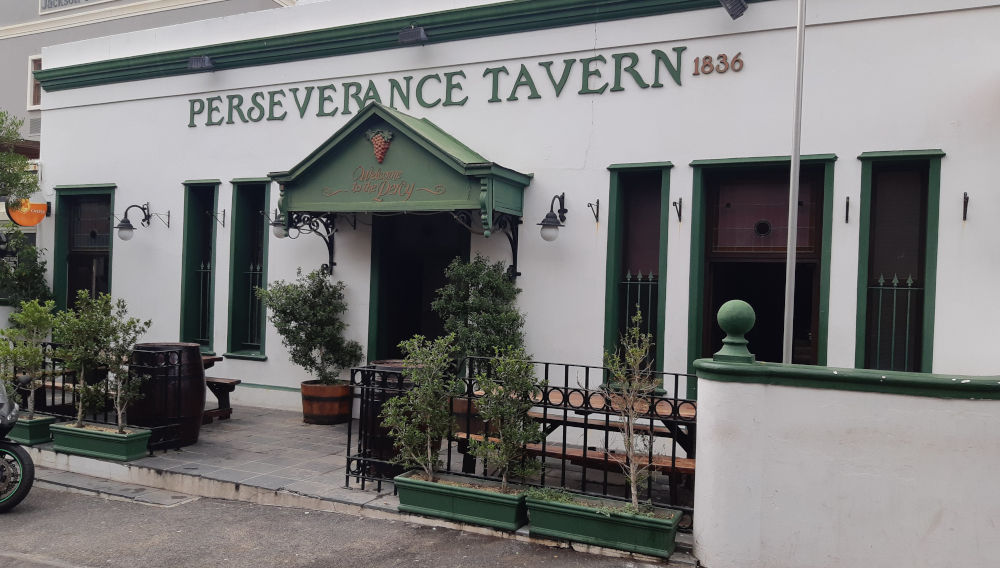
South Africa | There is a sad routine to this. Every year, Big Brewers and craft brewers are bracing for what they fear is coming: another punishing, above-inflation hike in excise duty. With Budget 2026/27 on the horizon – 25 February – the industry is not asking for a tax break, but basic fairness. “What we are calling for is simple,” one representative told media. “Fairness, reasonableness, and predictability.”
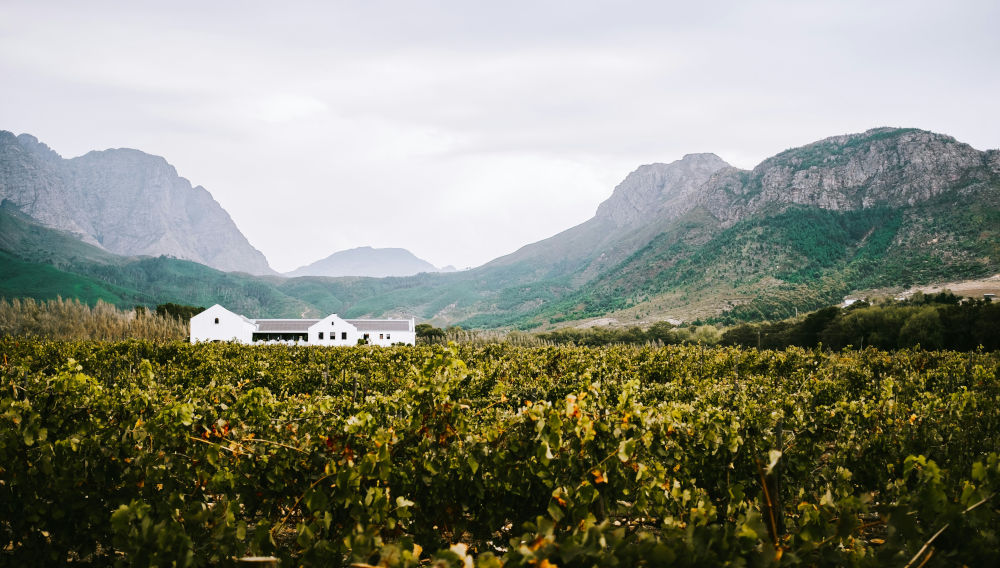
South Africa | The global wine industry has always been deeply interconnected, with trade flows shaped by consumer demand as well as politics, tariffs, and economic conditions. But never more so than in 2025 when US President Trump launched his trade war, which has had a ripple effect on European wine producers. The South African wine industry has been badly affected, too, as Europe was its major export destination.
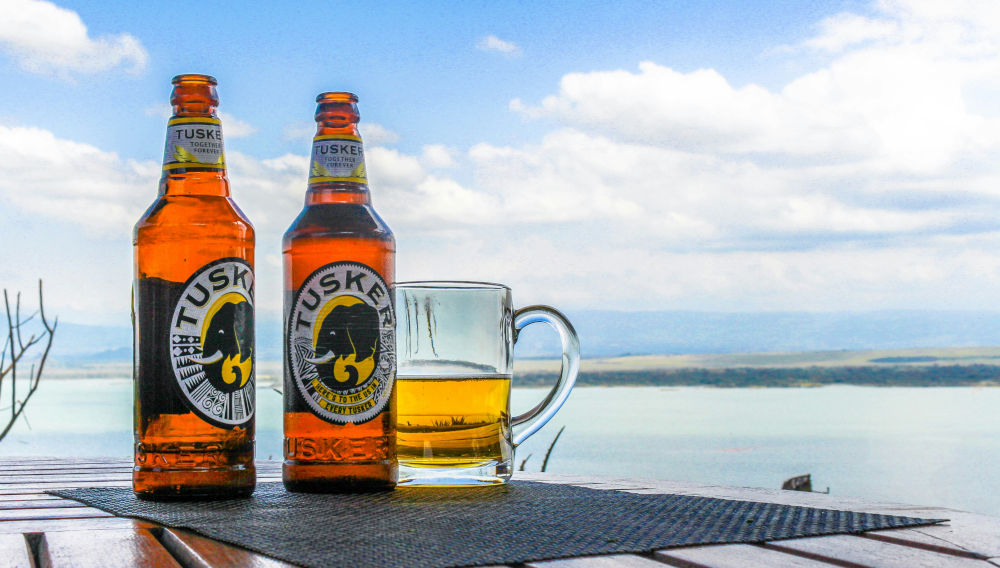
Kenya | The hearing of a case seeking to stop Diageo’s USD 2.3 billion sale of its 65 percent stake in EABL to Asahi was postponed until 20 January, the High Court said on 9 January.
Kenya | Diageo, the world's largest drinks group, will sell its 65 percent stake in East African Breweries (EABL) to Japan's Asahi Holdings for USD 2.3 billion, divesting its last direct African beer holding. The deal values EABL, a Nairobi blue chip stock and one of East Africa's top five companies by market capitalisation, at around USD 4.8 billion, or 18.6 times EBITDA.
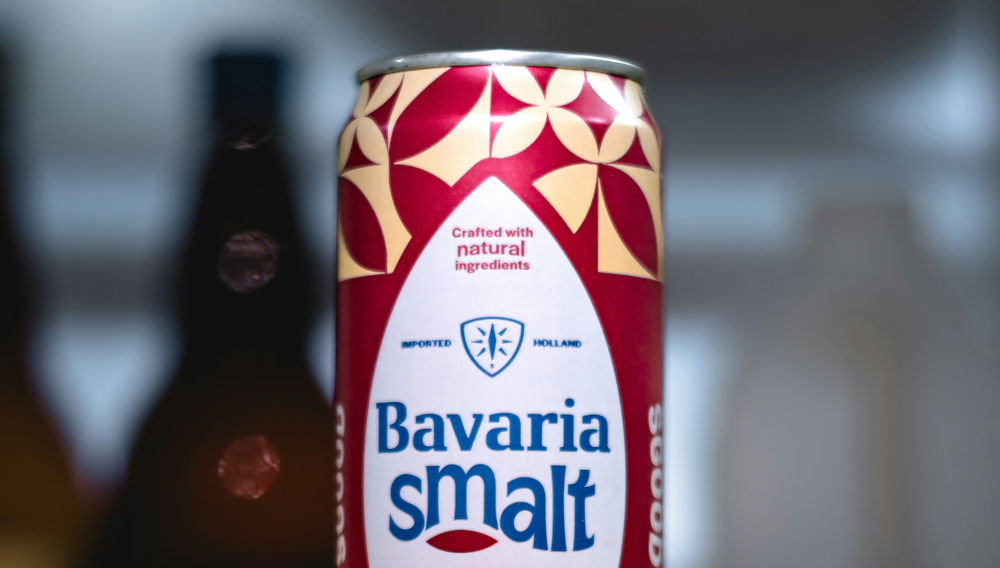
Kenya | While its plans for a new brewery in Zimbabwe have been put on hold, the privately-owned Dutch brewer Royal Swinkels has bought a stake in Kenya’s first craft brewery, Sierra Premium, as part of a joint venture with South Africa’s Signal Hill Products, people with knowledge of the matter said.
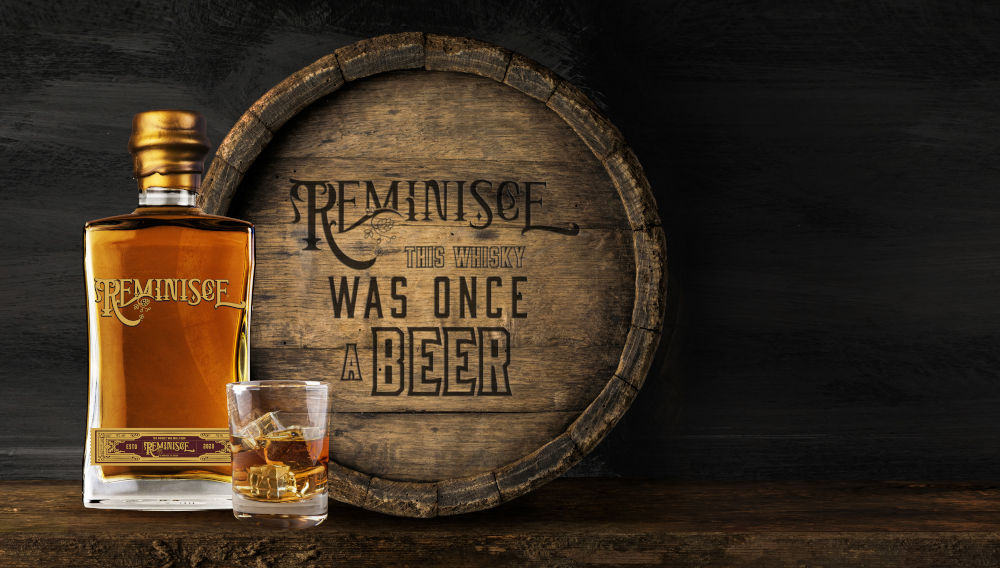
South Africa | Darling Brew, an award-winning, carbon-neutral South African brewery, has broken new ground: this time, not with a beer, but with a boutique whisky. In a move that blends sustainability and ingenuity, it has launched Reminisce, a limited-edition five-year-old malt whisky, distilled entirely from beer, and the first of its kind in South Africa.
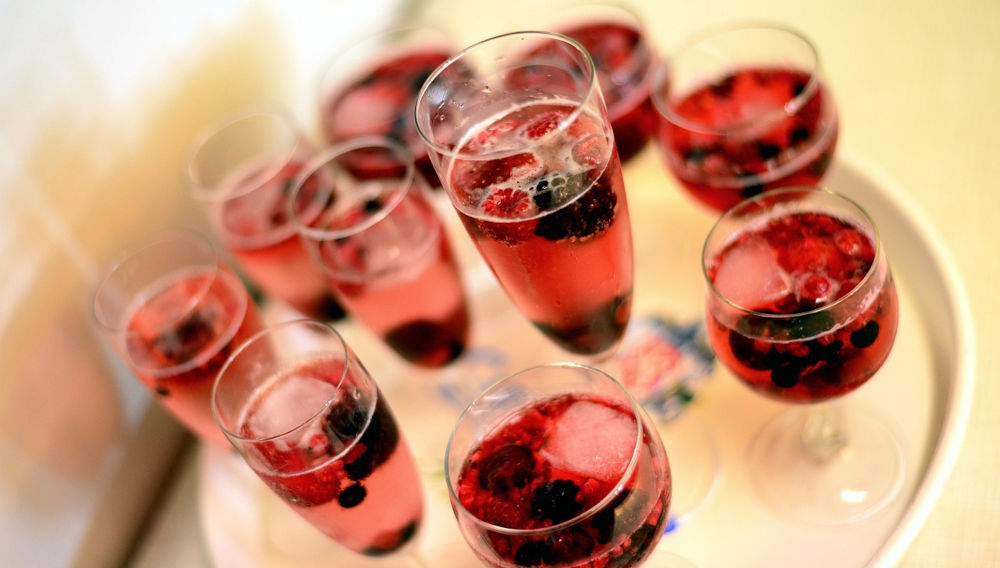
South Africa | They have been around for decades, but only now are brewers’ fizzy girlie drinks seriously taking off – so much so that Heineken and AB-InBev have been locking horns over the descriptive term “demi-sec”. In the dispute, the Advertising Regulatory Board (ARB) upheld a complaint lodged by Heineken Beverages against AB-InBev’s local unit South African Breweries (SAB).
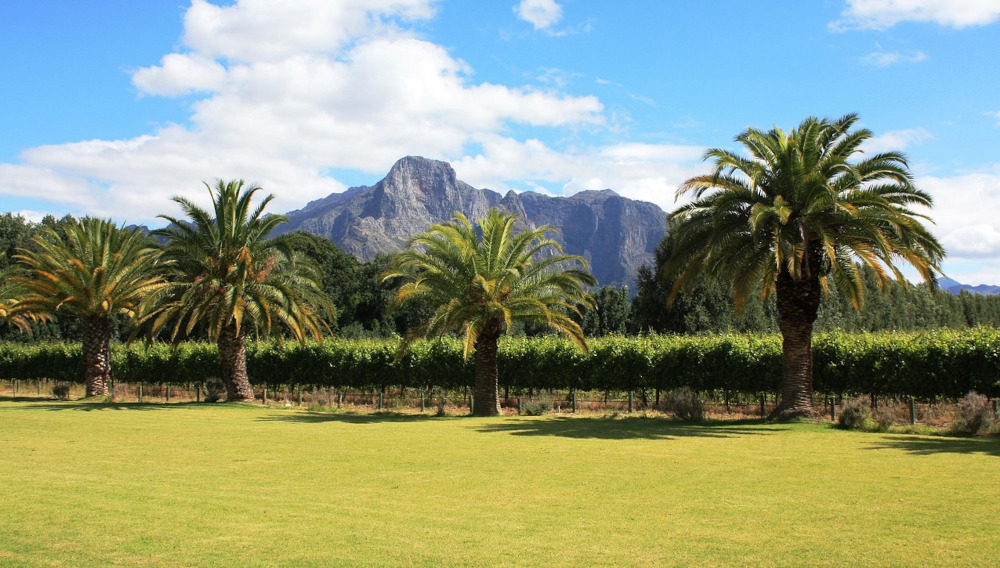
South Africa | Vintners are bracing for a hit, after a 30 percent US tariff left them at a sharp disadvantage to their international rivals, the Financial Times reported on 8 August. Africa’s largest economy exports more than half of its wine production, valued at USD 500 million per year. The US was its fourth-largest market in 2024, after the UK, Germany and the Netherlands.
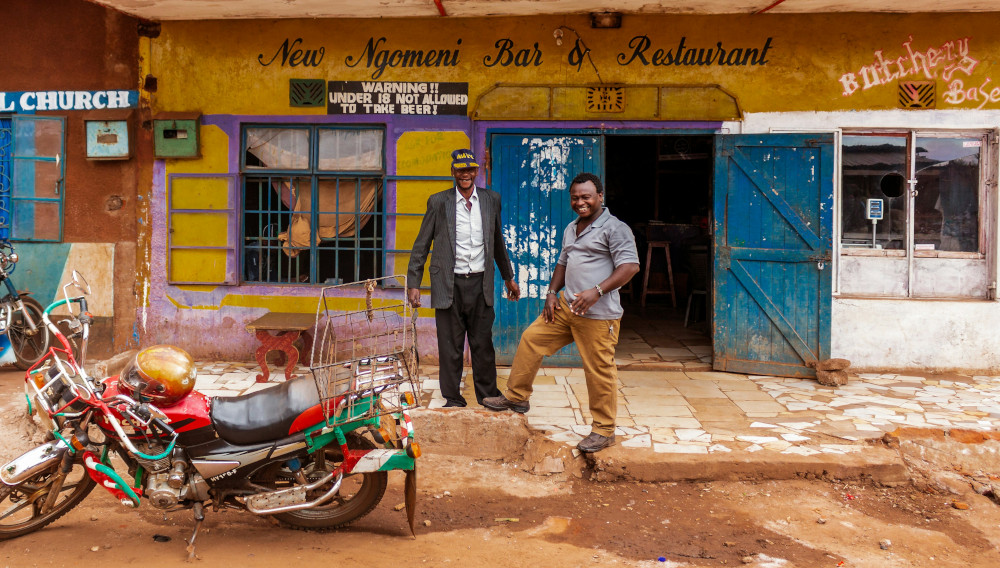
Kenya | A storm is brewing in Kenya over the latest proposals to restrict the sale and consumption of alcohol, including raising the minimum drinking age from 18 to 21, banning alcohol sales in supermarkets, restaurants, as well as online and home deliveries, the BBC reported on 31 July.
Kenya | British drinks firm Diageo has launched a review of its majority stake in listed brewer East African Breweries Ltd. (EABL). EABL has a market value of about USD 1.2 billion and Diageo is its largest shareholder with a 65 percent stake. The company has appointed Bank of America and Goldman Sachs to advise on the process, Bloomberg reported on 28 July.


